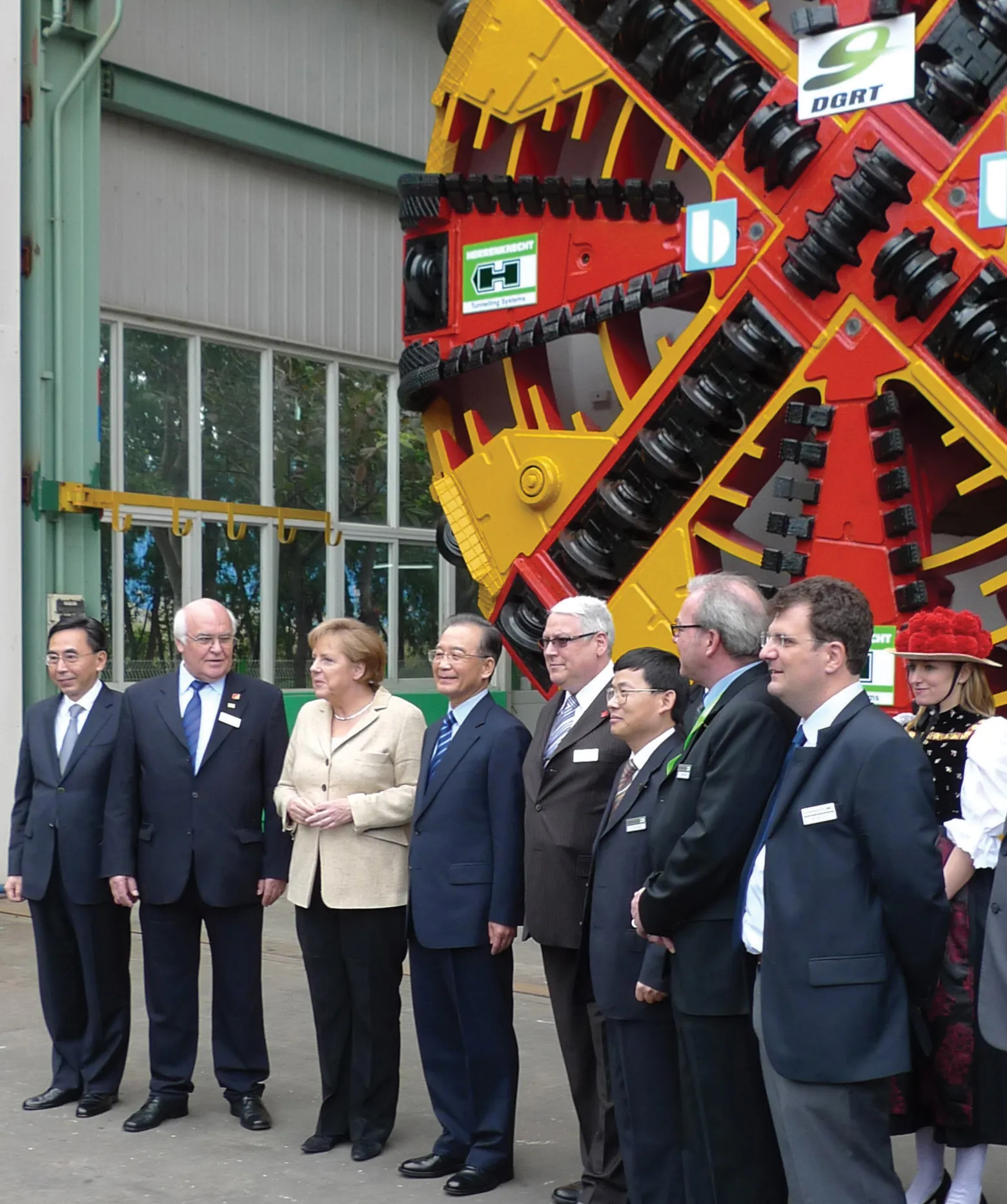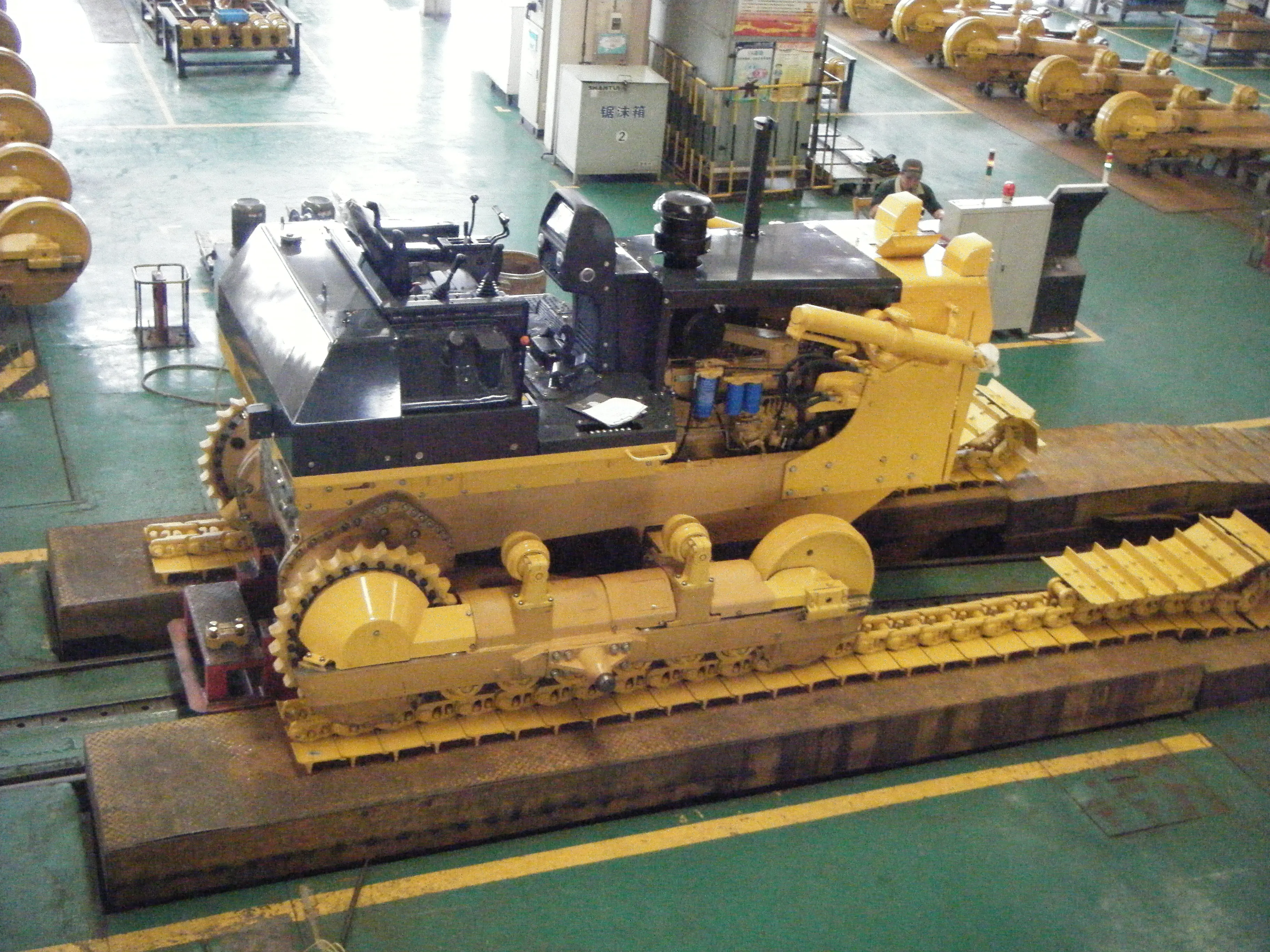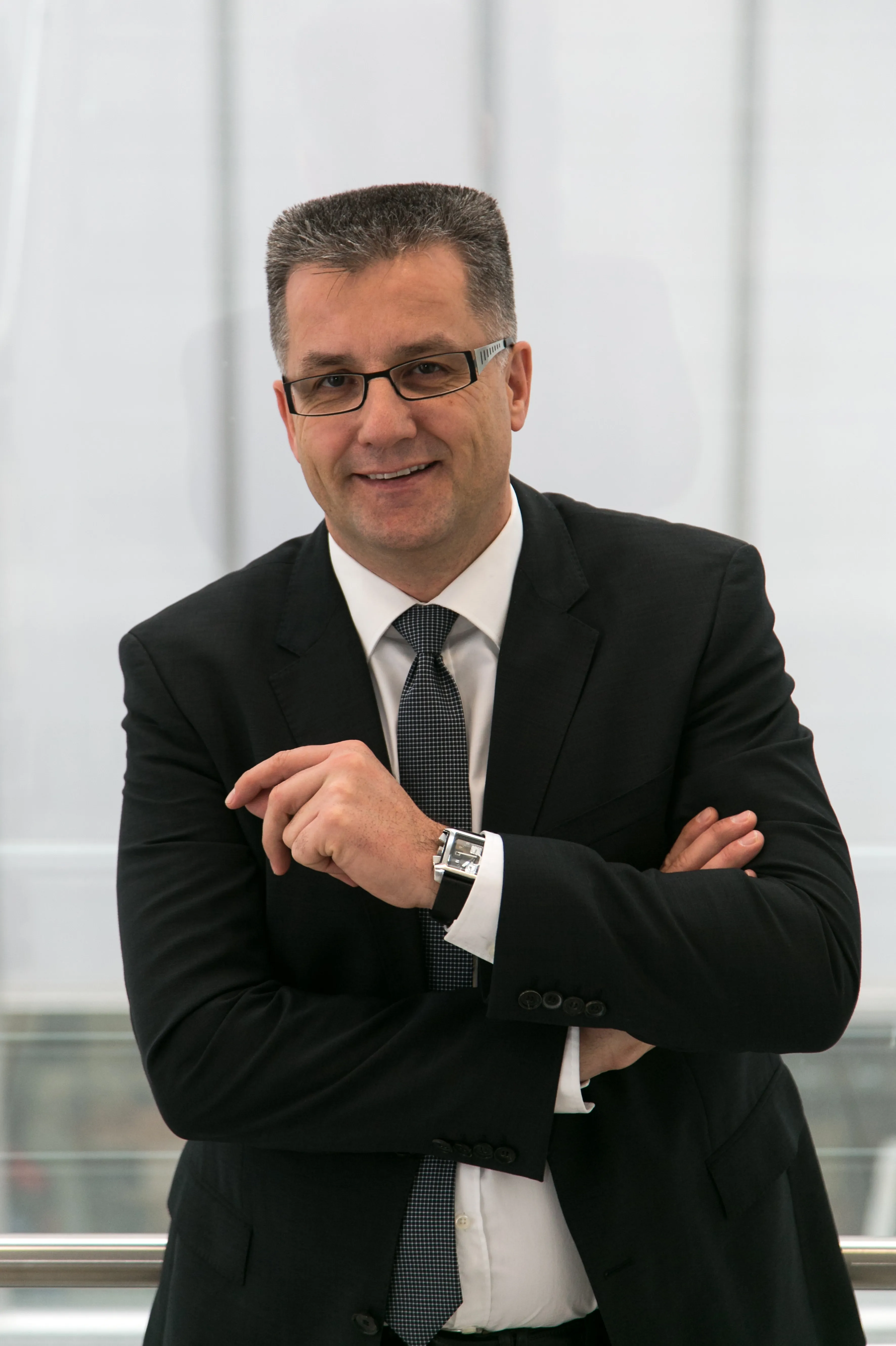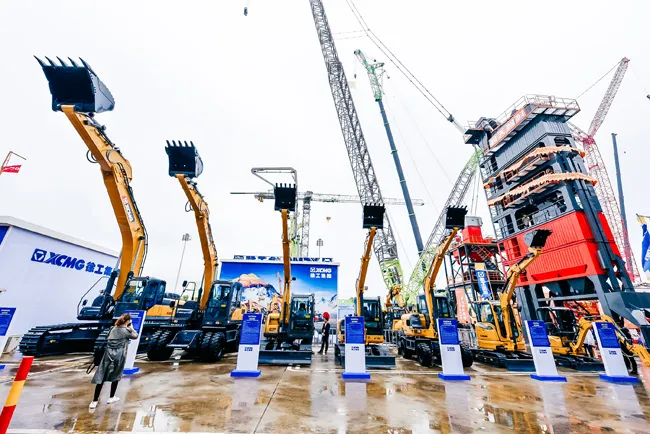German Chancellor Angela Merkel and Wen Jiabao, Premier of the People’s Republic of China, recently visited the Herrenknecht plant in Guangzhou as part of her trip to China. The delegation included, among others, 20 high-level representatives of German industry, and Dr Martin Herrenknecht, chairman of Herrenknecht, presented the company to Chancellor Merkel and Premier Wen, and talked about important Chinese and international reference projects.
May 14, 2012
Read time: 2 mins

German Chancellor Angela Merkel and Wen Jiabao, Premier of the People’s Republic of China, recently visited the 2592 Herrenknecht plant in Guangzhou as part of her trip to China.
The delegation included, among others, 20 high-level representatives of German industry, and Dr Martin Herrenknecht, chairman of Herrenknecht, presented the company to Chancellor Merkel and Premier Wen, and talked about important Chinese and international reference projects.
In addition, he introduced a tunnel boring machine (TBM), an Earth Pressure Balance Shield with a diameter of 6.95m, which is being used to construct the Metro Line 2 in Dongguan.
Herrenknecht has been represented on the Chinese growth market since the delivery of the first machines for the construction of the Beijing metro in 2000, and the company generates around 20% of its group sales in China.
The huge economic growth and increasing urbanisation result in a high demand for efficient underground traffic and supply infrastructures, and to date Herrenknecht technology has been used in 275 projects, mostly for inner-city tunnel construction. Some 480km of tunnel tubes have been built using its technology, while a further 200km are being planned.
Among the most important projects is the construction of two double-storey traffic tunnels in Shanghai to connect Changxing river island with the mainland, work carried out using two of the world’s biggest TBMs with diameters of 15.43m each.
The delegation included, among others, 20 high-level representatives of German industry, and Dr Martin Herrenknecht, chairman of Herrenknecht, presented the company to Chancellor Merkel and Premier Wen, and talked about important Chinese and international reference projects.
In addition, he introduced a tunnel boring machine (TBM), an Earth Pressure Balance Shield with a diameter of 6.95m, which is being used to construct the Metro Line 2 in Dongguan.
Herrenknecht has been represented on the Chinese growth market since the delivery of the first machines for the construction of the Beijing metro in 2000, and the company generates around 20% of its group sales in China.
The huge economic growth and increasing urbanisation result in a high demand for efficient underground traffic and supply infrastructures, and to date Herrenknecht technology has been used in 275 projects, mostly for inner-city tunnel construction. Some 480km of tunnel tubes have been built using its technology, while a further 200km are being planned.
Among the most important projects is the construction of two double-storey traffic tunnels in Shanghai to connect Changxing river island with the mainland, work carried out using two of the world’s biggest TBMs with diameters of 15.43m each.








